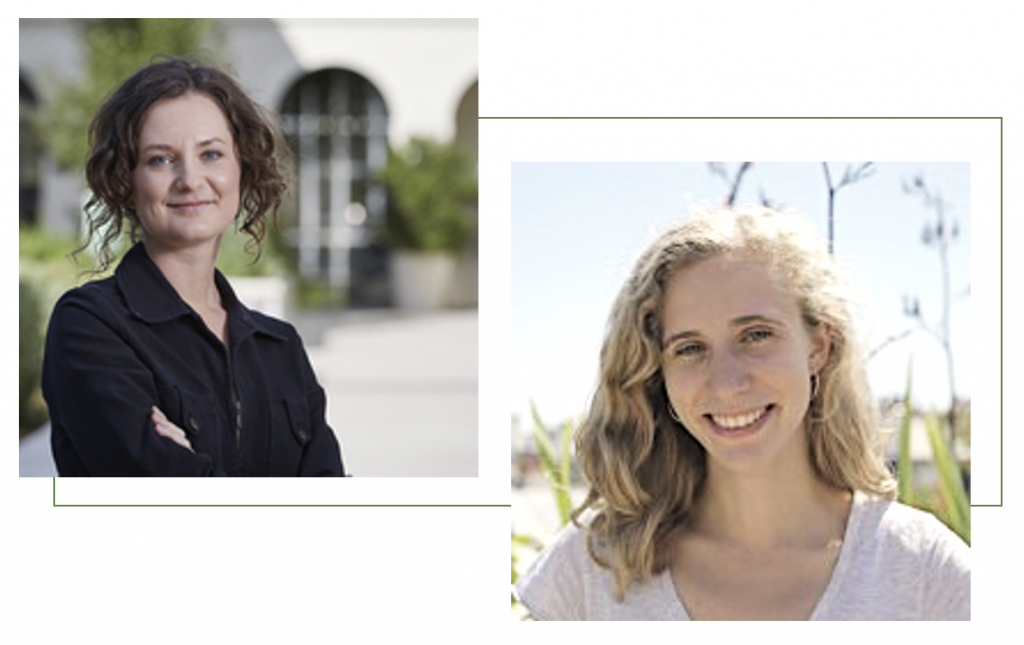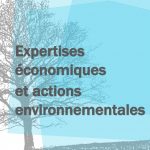The seminar “Economic expertise and environmental actions” welcomes
Anastasyia Halauniova and Laure Manach
Shifting soil
This session will consider soils as the shifting support of human activities, and as currently alterned by global warming. From the thawing of permafrost to the fate of carbon stored in soils, how are the transformations of soils retraced and anticipated? How are they taken up in both territorial and atmospheric politics?
Anastasyia Halauniova (Sciences Po, CSO)
Making Eternity Last: Knowledge, Thawing Permafrost, and Stabilisation of Life in the Russian Arctic
What happens when the earth upon which (economic) life unfolds is no longer stable? To answer this question, I turn to permafrost—a geological phenomenon where the ground remains frozen for years but that is now thawing at an unprecedented scale due to rising air temperatures. As it thaws, permafrost wreaks all sorts of havoc, damaging infrastructure and releasing long-stored greenhouse gases into the atmosphere, framing its thaw as both local and planetary threats. Drawing on archival and ethnographic research with Russian permafrost scientists and practitioners, this presentation explores the role of permafrost expertise in the Soviet Union and Russia in shaping territorial development and environmental governance. It begins by tracing the emergence of permafrost science in the Soviet Union—a state where 65% of the territory was covered by permafrost—in response to the technical and economic challenges that builders and engineers encountered when realising state-led plans to colonise and industrialise the Arctic. It then unpacks the assumptions of permafrost scientists and engineers about the nature and temporality of this phenomenon, particularly their expectation that frozen earth is a dynamic yet lasting presence—what I term “strategic eternalism.” Finally, it examines a recent shift in the political understanding of permafrost, from viewing it as a stable foundation to acknowledging it as a potentially unstable surface—a transition I call “strategic non-eternalism.” As a result, this presentation foregrounds how permafrost scientists and practitioners navigate conflicting expectations of simplifying permafrost processes for economic planning, on the one hand, with an acknowledgment of its inherent dynamism and instability, on the other hand. By examining permafrost, this talk historicizes and specifies concerns with “shifting soils,” challenging the tendency to see the current focus on thawing permafrost as an apocalyptic rupture, and instead offers a more situated account of engagements with the rhythms of freezing and thawing earth shaped by state-led extractivism and colonial aspiration.
Laure Manach (Centre Alexandre-Koyré)
The future of soil carbon on a warming planet. The role of scientists in making soils a sink or source of CO2 emissions
Climate policies aim to balance the planet’s “carbon budget”, in particular by increasing the absorption capacity of carbon sinks such as the biosphere, oceans and soils. Soil is one of the most important carbon sinks that can be optimized. On this theme, France is playing a crucial role with the launch of the 4 per 1000 Initiative at COP21 in 2015, which promotes management practices that enable carbon to be stored in soils. Soils are since then the subject of a promise: to make a significant contribution to the fight against climate change. However, more and more scientists stress the risks that soils will become a source of carbon under a warming climate. How come such different visions of soils under climate change coexists today? Drawing from an empirical investigation into soil science and soil knowledge in France and abroad, I will explore those claims regarding the future of soil carbon, and argue that they are grounded in different research communities, conducting to different anticipations.

Anastasyia Halauniova is an urban sociologist from Belarus studying radical disturbances that cities and their residents undergo, from state annexation and war to environmental crises. Her work is set in places that we usually call postsocialist, where she follows city residents’ restless attempts to maintain and upgrade built environments that are either symbolically or materially degrading. Currently, she is exploring the central role of thawing permafrost in the Arctic urban life. She is conducting a historical and an ethnographic study of Russian and Norwegian settlements on Svalbard to tell the story of places that can no longer rely on the presence of stable and frozen Arctic grounds.
Laure Manach is a PhD candidate at au CAK – Centre Alexandre-Koyré – EHESS and is preparing a thesis entitled ‘Investigating the reconfiguration of soil science in the era of climate change’. This research has three main objectives: (i) to trace the recent history of soil science, including the role of technological developments and infrastructures such as mapping and digital modelling; (ii) to analyze the significance of these developments and the way in which they are reconfiguring the role and professional identities of researchers and experts in these fields; (iii) to inform on the evolution of soil science towards a regulatory science on which public and private sector decisions are based, using the development of measurement tools and standards to account for the storage potential of soils.
Information and registration

Date: Friday April 4, 2025, 11am-1pm
Venue: École des Mines, 60 boulevard Saint Michel, 75006 Paris, room Chevalier.
The session will also be streamed by videoconference. The link will be sent upon registration just before the seminar.
The seminar is open to all. Please register here to participate in this session.
Contact: Béatrice Cointe, Kewan Mertens or Alexandre Violle
Find out more about the program
Photo credit: Anastasyia Halauniova (Sciences Po, CSO)
Photo credit: Laure Manach (Centre Alexandre-Koyré)

